Thursday, September 23, 2021
Fela Kuti | A Beginner’s Guide
The perfect introduction to Fela Kuti – a true original: "Never have life, politics, art and music been so inextricably linked together in one incendiary, insurrectionary and highly danceable package"
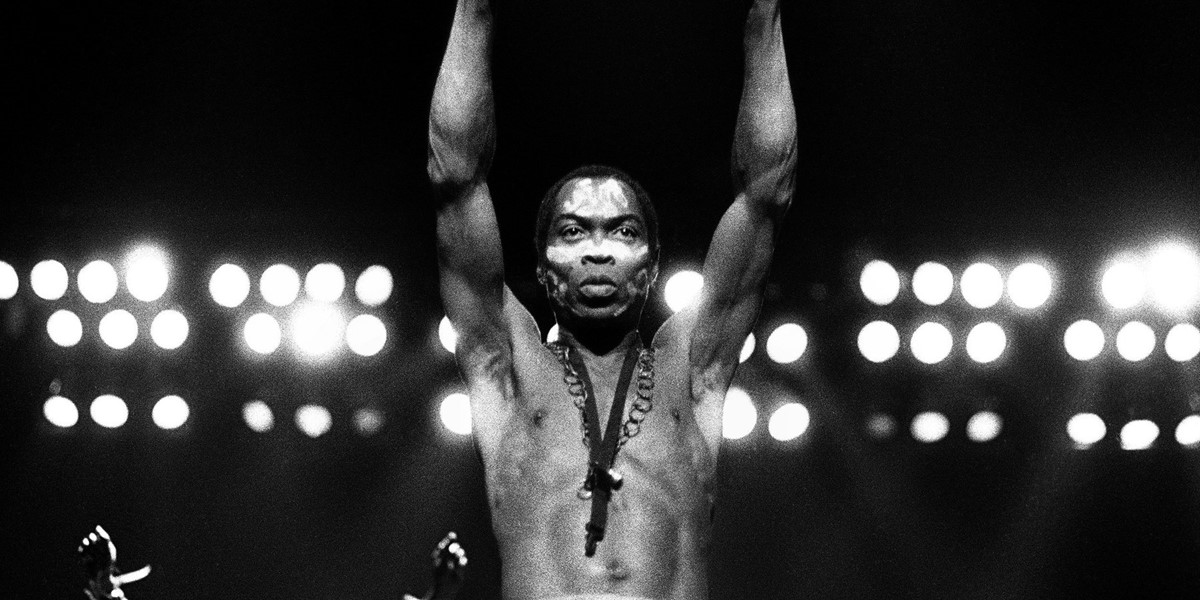
Fela Kuti, Orchestra Hall in Detroit (1986, © Leni Sinclair)
In Nigeria, 1977 will always be remembered as a year of musical revolution. While in the UK the Sex Pistols continued to gain notoriety for ‘Anarchy In The UK’, Lagos was rocking to ‘Zombie’ by Fela Kuti and Africa 70, a far more dangerously subversive record with a feral riff, thunderous brass and lyrics in pidgin English, satirically lambasting the Nigerian military and the corrupt junta it sustained.
The Sex Pistols got themselves banned by the BBC. Fela’s musical insurgency sparked a more violent reaction from the Nigerian establishment. Enraged by his performance of ‘Zombie’ at a festival in Lagos which sparked street riots against the government, on February 18, 1977, Nigeria’s military dictators sent more than 1,000 soldiers to attack Fela and destroy the commune which he had named the ‘Kalakuta (Rascal) Republic’ and declared independent from the Nigerian state.
Fela was severely beaten and his elderly mother thrown from a window, causing fatal injuries. His Kalakuta compound was burned to the ground and his studio destroyed along with it. Fela’s response was to record yet more uncompromisingly provocative songs about the incident and its aftermath, such as ‘Coffin for Head of State’ and ‘Unknown Soldier’.
It was just one of the many turbulent episodes in the volatile, tempestuous story of Fela Kuti, but it goes a long way to explaining why more than a decade after his death in 1997, he’s still revered as the most iconic musical figure Africa has ever produced. Never have life, politics, art and music been so inextricably linked together in one incendiary, insurrectionary and highly danceable package. ‘His songs went much further than the usual round-up of protest singers such as Bob Dylan, James Brown or Bob Marley,’ writes John Collins in his book Fela: Kalakuta Notes. His polemic and his music were indivisible and he laid his life on the line in his struggle against injustice, corruption and the abuse of power.
Fela’s personal and musical revolution had its seeds sowed several years earlier, on his first trip to the US in 1969. His band Koola Lobitos had spent the previous half dozen years in Nigeria playing an appealing mix of highlife and jazz. In the US, however, he met Sandra Smith, a member of the Black Panther movement. They became lovers and she introduced him to the radical philosophy of Malcolm X, Eldridge Cleaver and other black activists, persuading him to begin writing his own ‘conscious’ lyrics. In Los Angeles, he changed the name of his band to Africa 70 and, inspired by a combination of the black power movement and the funk music that soundtracked it, he formulated his own unique musical vision, which he named Afrobeat.
He made his first recordings in the new style before leaving Los Angeles. Once back in Lagos, he opened a club called the Shrine, started singing in pidgin English rather than in Yoruba – so that his message could be understood all over Africa – and in 1974 set up the Kalakuta Republic as an alternative ‘state within a state’. Despite harassment, beatings, arrests, imprisonment and the distraction of marrying 27 of his backing singers and dancers in a collective ceremony on the same day, he wrote and recorded prolifically – so prolifically that it has become notoriously difficult to negotiate one’s way around his vast back catalogue.
In all, he recorded more than 50 albums of great but often sprawling and radio-hostile music. In the tumultuous 1976-77 period alone, he recorded and released some 15 LPs, mostly containing just one or two uncompromisingly long numbers each. The sheer length of most tracks has also made the compilation of ‘Best of Fela’ and ‘Greatest Hits’ packages problematic, to say the least.
Yet in Afrobeat, and its unique fusion of jazz, funk, traditional African chant and call-and-response vocals, all underpinned by a mighty and endless, trance-like groove, he left behind a legacy that’s unrivalled. Hundreds of thousands of people took to the streets of Lagos for Fela’s funeral in 1997 and his beat lives on. But we shall surely not see his like again.
BEST ALBUMS
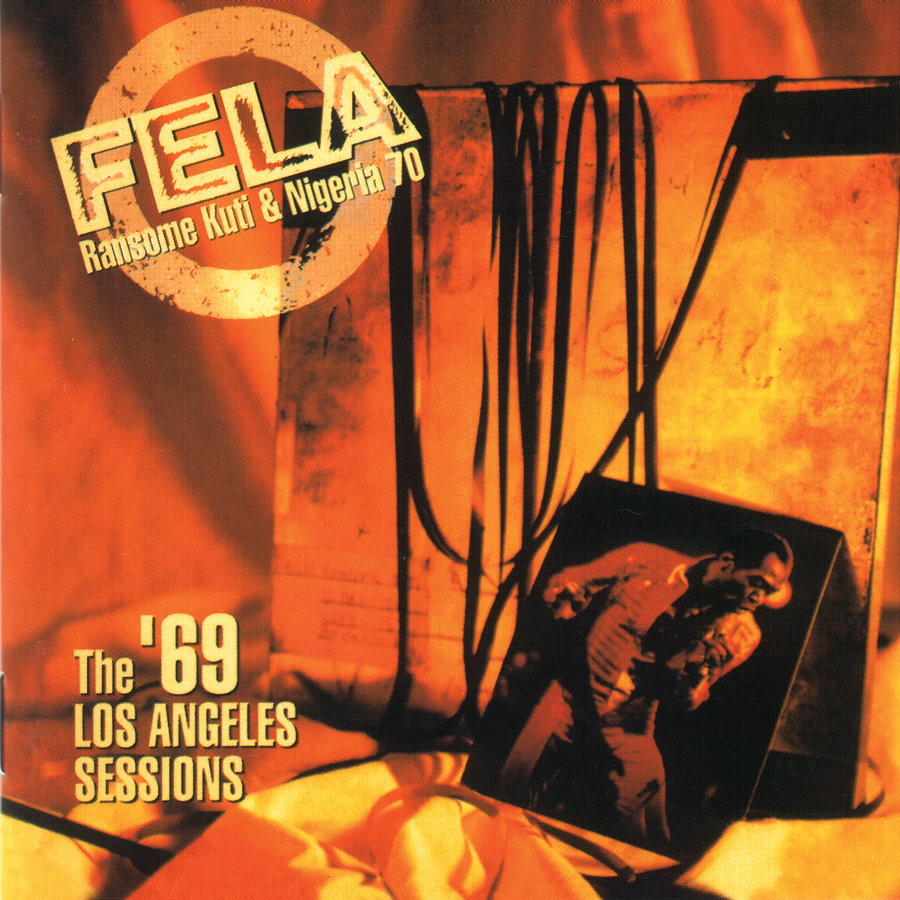
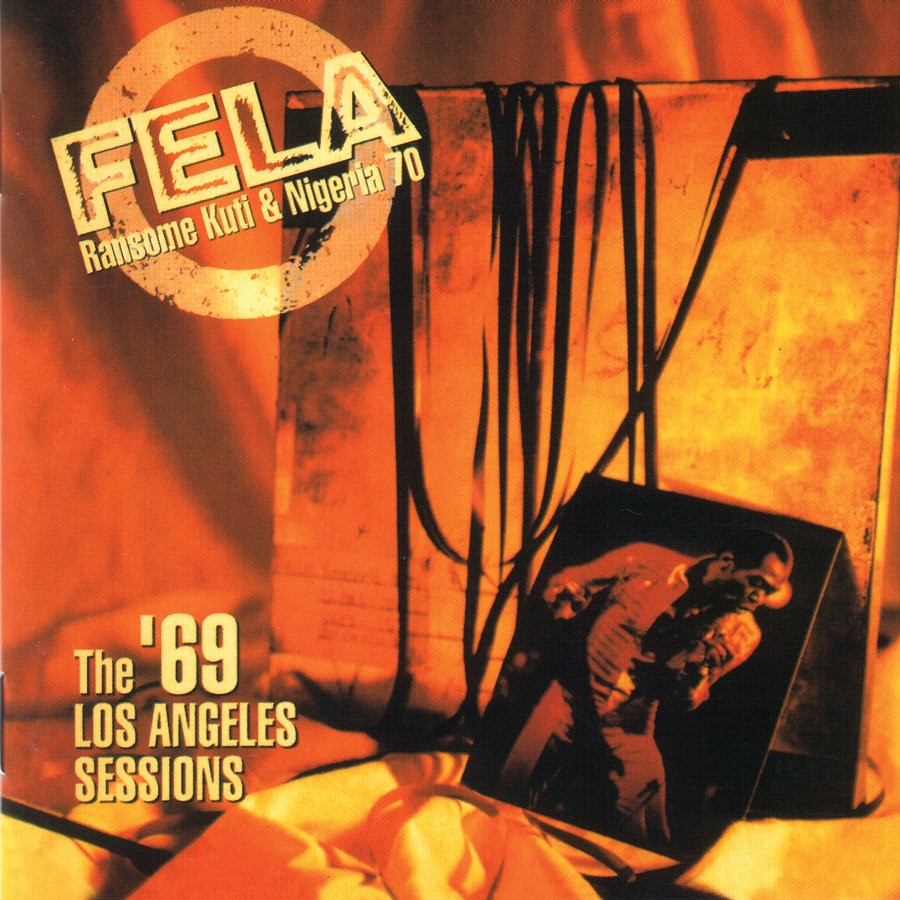
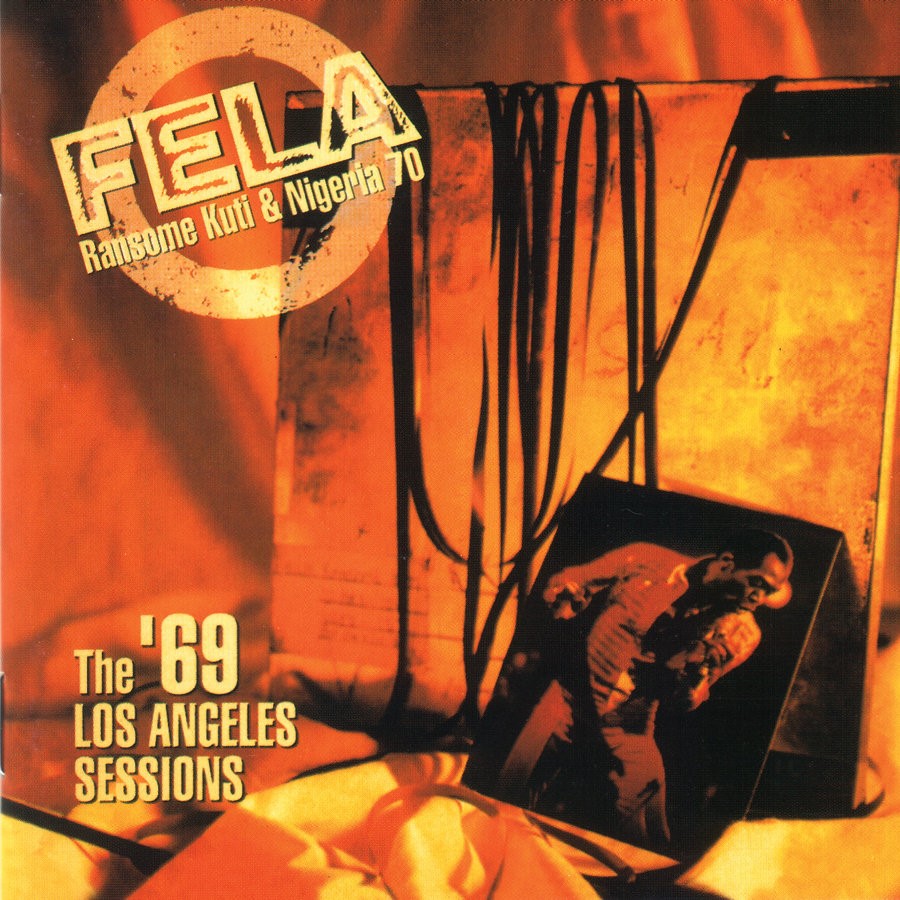
Koola Lobitos The 69 LA Sessions
(Knitting Factory Records)
A fascinating insight into the genesis of Afrobeat, coupling half a dozen previously unreleased jazz-highlife tracks recorded in Lagos between 1964-68 with his first band, Koola Lobitos, and ten visionary tracks recorded in LA in 1969 as he began to reshape the future of African music.
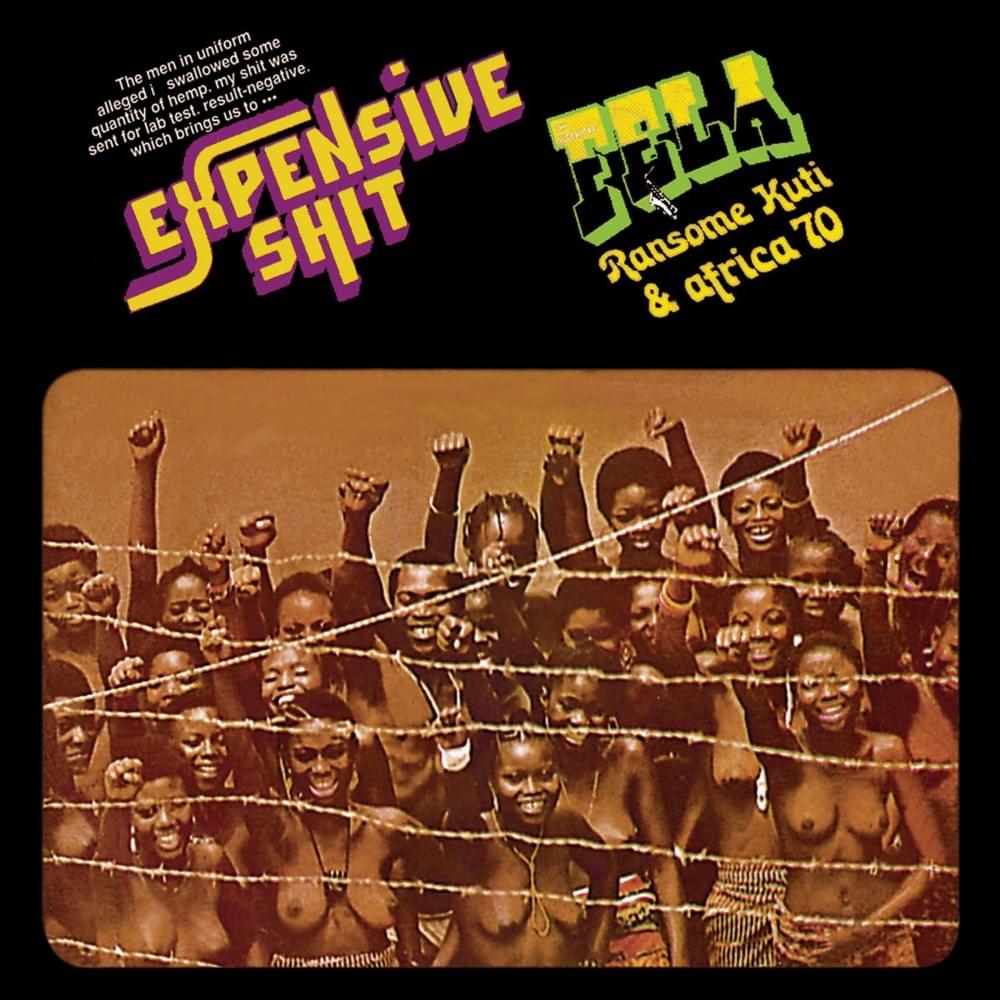

Expensive Shit
(Knitting Factory Records)
Funky, hypnotic trance-like grooves, Fela’s soulful keyboards and propulsive horns on just two long tracks of typically mordant Fela political satire in ‘Water No Get Enemy’ and the title-track, on which he declares ‘I be black power man’. The CD reissue is coupled with the He Miss Road LP, also from 1975.
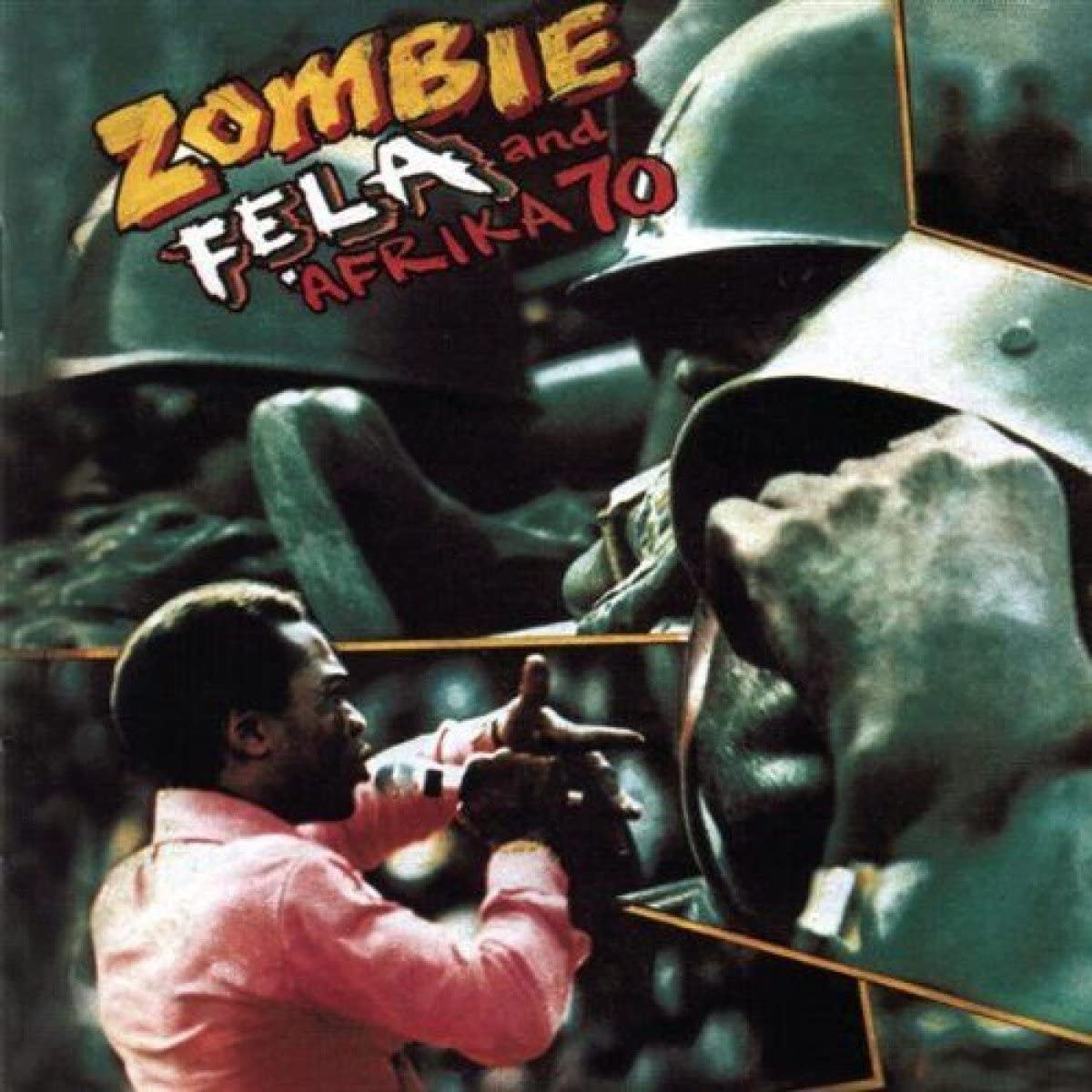
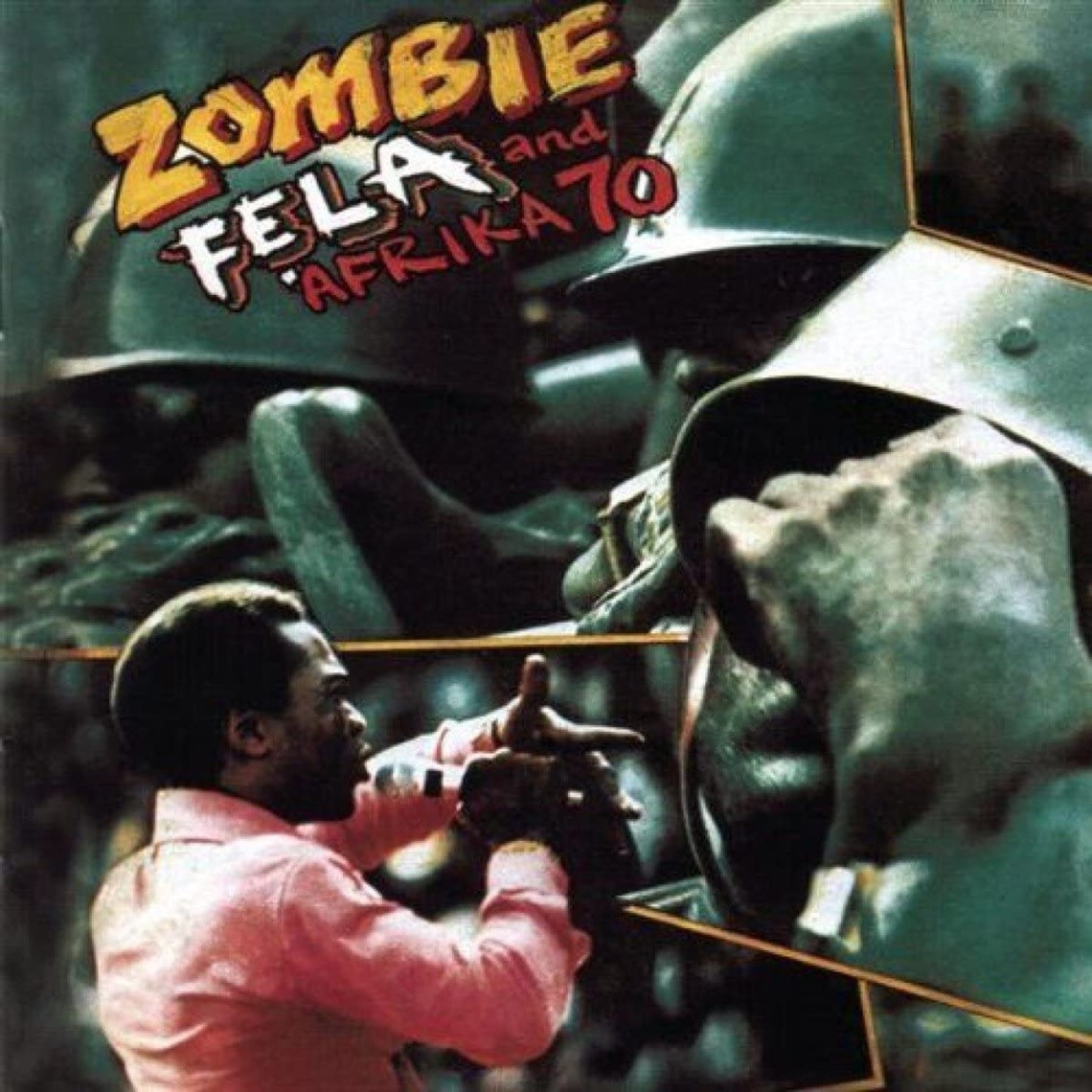
Zombie
(Knitting Factory Records)
Many feel the 13 minute title-track was Fela’s finest hour. In nominating it as the sexiest piece of music ever recorded, Damon Albarn described it in #23 as ‘one climax after another’. The CD reissue is augmented with two previously unreleased live tracks from the Berlin Jazz Festival in 1978.
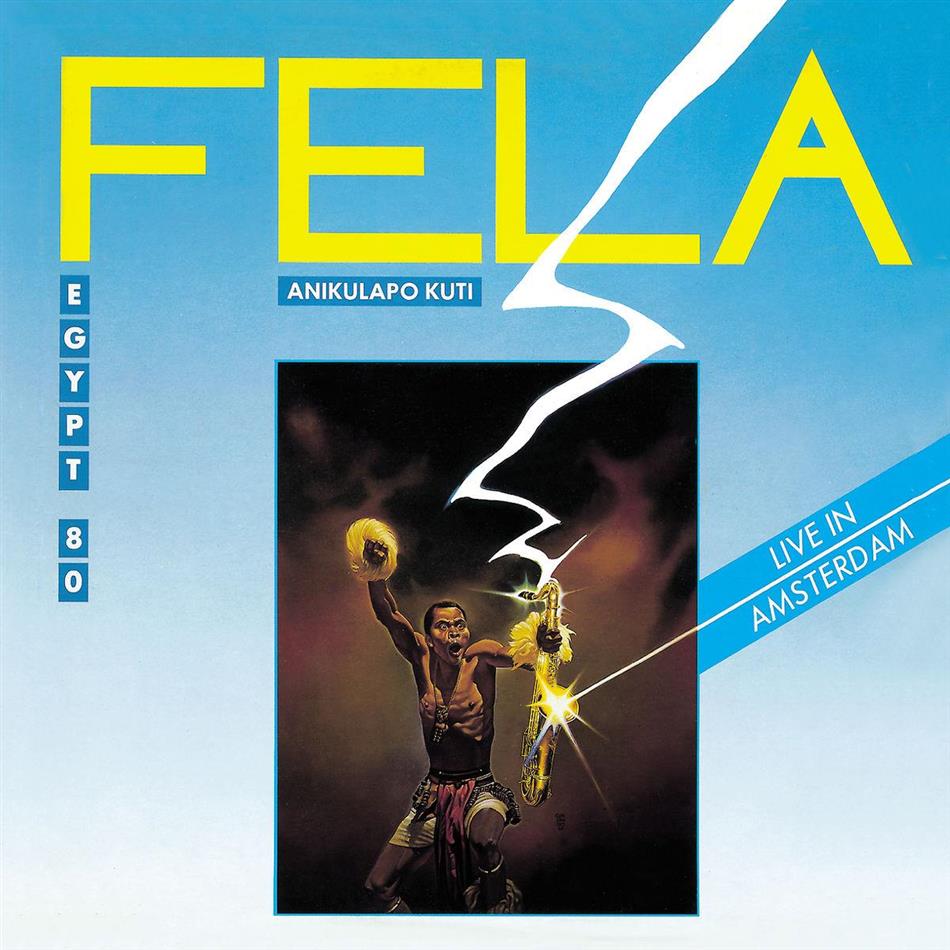
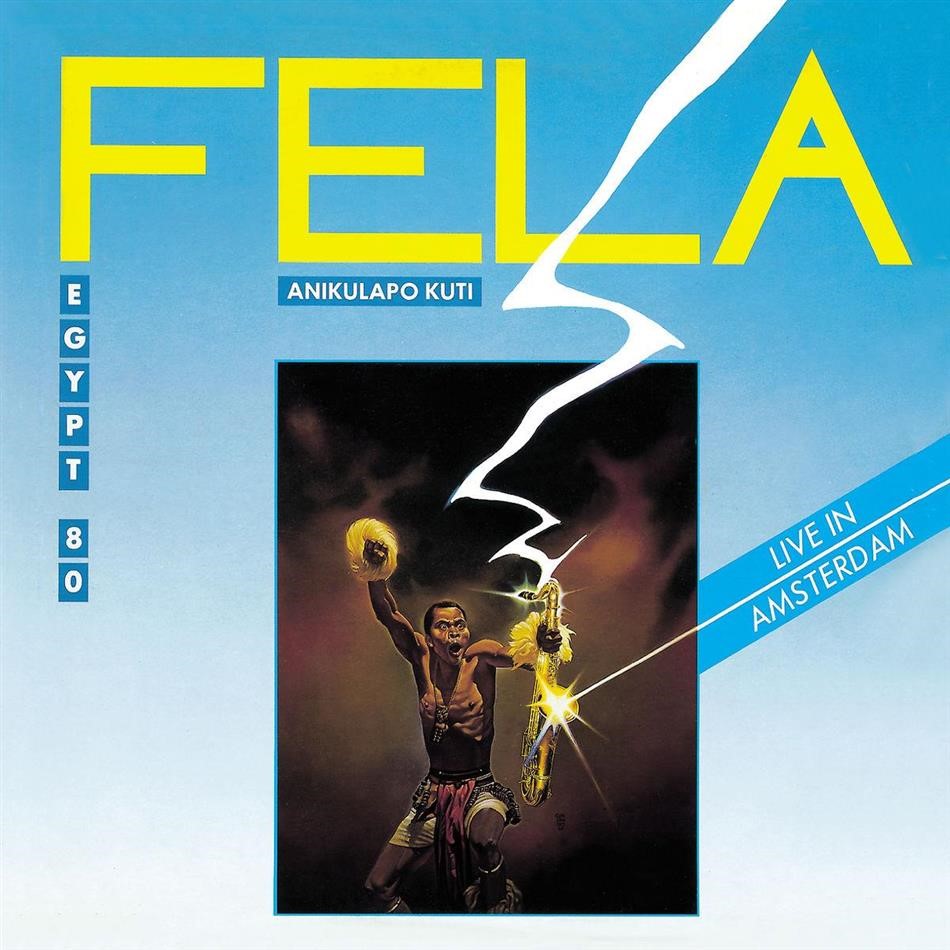
Live In Amsterdam
(Knitting Factory Records)
With his band now renamed Egypt 80, this is arguably the best Fela live recording, from an Amsterdam concert in November 1983, the three elongated tracks stretched out to almost an hour-and-a-half’s worth of music. You can’t hurry genius.
This article originally appeared in the November/December 2008 issue of Songlines. Never miss an issue – subscribe today

